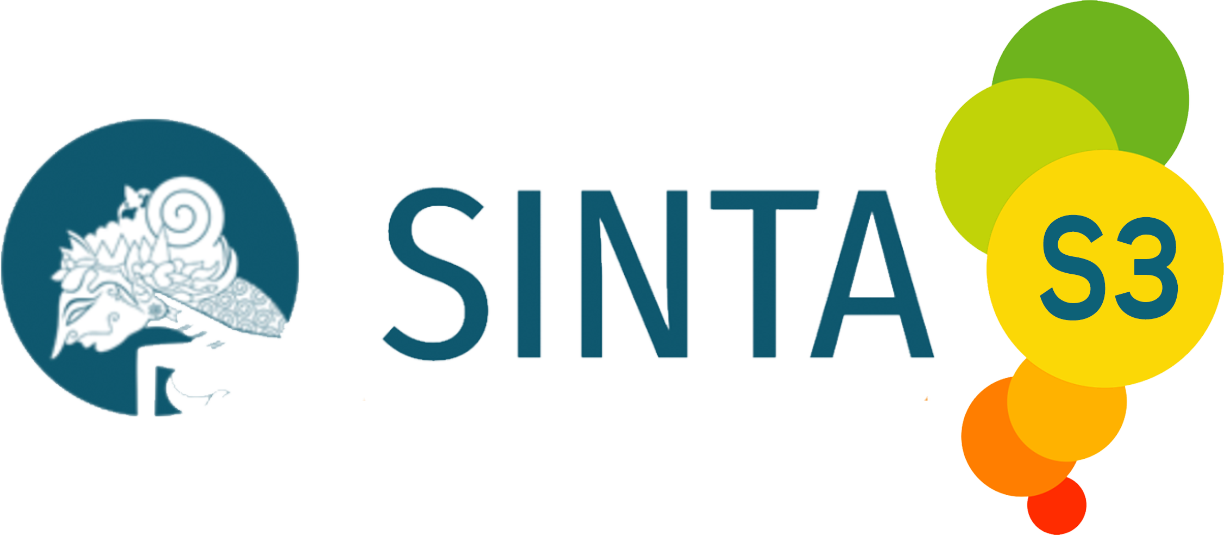Effects of Digital Transformation, Tax Policy, Company Characteristics and Perceptions of Tax System Effectiveness on Business Entity Tax Compliance Before and During The Covid-19 Pandemic Moderated by Tax Socialization
DOI:
https://doi.org/10.59261/jbt.v4i1.118Keywords:
Tax Compliance, Tax Policy, Tax Outreach, Digital Transformation, COVID-19 PandemicAbstract
This study aims to analyze whether digital transformation, tax policy, company characteristics and perceptions of weaknesses in the tax system have an influence on business entity tax compliance and whether tax socialization will strengthen the relationship between the independent variables and the dependent variable. The method used in this research is a causal study. This research was conducted on every Business Entity or every individual involved in tax administration in business entities. The data used is primary data and the data collection technique used is a questionnaire. Pre-pandemic results of tax policy have a positive effect on tax compliance and tax socialization can strengthen the relationship between tax policy and business entity taxpayer compliance. Results during the digital transformation pandemic, tax policy. The perception of the effectiveness of the tax system has a positive effect on tax compliance and tax socialization can strengthen the relationship between tax policy and business entity taxpayer compliance. The implication of this research is that if the socialization of taxation is not carried out clearly and routinely, the tax obligations carried out by business entities will not run well, it will affect the compliance of business entity taxpayers in carrying out tax obligations.
References
Andrew, Richard, & Sari, Dian Purnama. (2021). Insentif PMK 86/2020 Di Tengah Pandemi Covid 19: Apakah Mempengaruhi Kepatuhan Wajib Pajak UMKM Di Surabaya? Insentif PMK 86/2020 Di Tengah Pandemi Covid 19: Apakah Mempengaruhi Kepatuhan Wajib Pajak UMKM Di Surabaya?, 21(2), 349–366.
Astari, Kadek Windy, Yuesti, Anik, & Bhegawati, Desak Ayu Sriary. (2022). Pengaruh Kualitas Pelayanan Fiskus, Kesadaran Wajib Pajak, Kebijakan Pajak, Dan Persepsi Wajib Pajak Tentang Sanksi Perpajakan Terhadap Kepatuhan Wajib Pajak Bumi Dan Bangunan Di Badan Pendapatan Daerah Kabupaten Badung. Kumpulan Hasil Riset Mahasiswa Akuntansi (KHARISMA), 4(1), 400–410.
Dao Thi, Hang, Djokic, Marko R., & Van Geem, Kevin M. (2021). Detailed group-type characterization of plastic-waste pyrolysis oils: by comprehensive two-dimensional gas chromatography including linear, branched, and di-olefins. Separations, 8(7), 103.
Dwisetyo, B., Rusjadi, D., Palupi, M. R., Putri, C. C., Utomo, F. B., Prasasti, N. R., & Hermawanto, D. (2021). Comparison of sound level meter calibration for frequency weighting parameter using coupler method. Journal of Physics: Conference Series, 1896(1), 12011. IOP Publishing.
Isrokatun, I., Yulianti, Upit, & Nurfitriyana, Yeyen. (2022). Analisis Profesionalisme Guru dalam Pelaksanaan Pembelajaran Daring di Masa Pandemi Covid-19. Jurnal Basicedu, 6(1), 454–462.
Nirvana, Nirvana, Rantelangi, Cornelius, & Rusliansyah, Rusliansyah. (2020). Pengaruh pemeriksaan pajak, kepatuhan wajib pajak dan kualitas pelayanan pajak terhadap penerimaan pajak pada kantor pelayanan pajak pratama samarinda. Jurnal Ilmu Akuntansi Mulawarman (JIAM), 5(1).
Oliviandy, Nathania Aldisa, Astuti, Titiek Puji, & Siddiq, Faiz Rahman. (2021). Analisis Faktor-Faktor Yang Mempengaruhi Kepatuhan Wajib Pajak UMKM Selama Pandemi Covid-19. Wahana Riset Akuntansi, 9(2), 91–105.
Safitri, Ajeng. (2020). Analisis pemilihan supplier bahan baku x pada pt. Xyz menggunakan metode AHP-QFD. Universitas Pembangunan Nasional Veteran Jakarta.
Sekaran, Uma, & Bougie, Roger. (2016). Research methods for business: A skill building approach. john wiley & sons.
SIAHAAN, WINDA CHRISTY, Malau, Melinda, & Sembiring, Caroline F. (2022). Pengaruh Ukuran Perusahaan, Return On Assets (Roa) Dan Pertumbuhan Penjualan Terhadap Penghindaran Pajak Pada Perusahaan Lq45 Yang Terdaftar Di Bei Periodetahun 2017-2020. Fundamental Management Journal, 7(1), 57–77.
Sianturi, Yolanda, Malau, Melinda, & Hutapea, Ganda. (2021). Pengaruh Pengungkapan Tanggung Jawab Sosial, Rasio Intensitas Modal Dan Rasio Intensitas Persediaan Terhadap Penghindaran Pajak. Jurnal Informasi, Perpajakan, Akuntansi, Dan Keuangan Publik, 16(2), 265–282.
Syaputra, Rifki. (2019). Pengaruh Persepsi Wajib Pajak Atas Penerapan Peraturan Pemerintah Nomor 23 Tahun 2018 Dan Pemahaman Perpajakan Terhadap Kepatuhan Wajib Pajak Usaha Mikro, Kecil, Dan Menengah Dengan Sosialisasi Perpajakan Sebagai Variabel Moderasi. Jurnal Magister Akuntansi Trisakti, 6(2), 121–144.
Wahyuni, Nita, Kurnia, Pipin, & Faradisty, Astrid. (2020). Analisa pengaruh penerapan e-System perpajakan dan kebijakan perpajakan terhadap kepatuhan wajib pajak (studi di KPP pratama Bangkinang). Jurnal Akuntansi Keuangan Dan Bisnis, 13(2), 88–97.
Wardani, Aditya Kusuma, Anggra, Eva, & Amirah, Mrs. (2016). Pengaruh Karakteristik Perusahaan, Good Corporate Governance (GCG), Dan Corporate Social Responsibility (CSR) terhadap Penghindaran Pajak (Tax Avoidance). Permana: Jurnal Perpajakan, Manajemen, Dan Akuntansi, 7(2).
Wijayanti, Ajeng, Wijayanti, Anita, & Samrotun, Yuli Chomsatu. (2016). Pengaruh karakteristik perusahaan, GCG dan CSR terhadap penghindaran pajak.
Downloads
Published
Issue
Section
License
Copyright (c) 2022 Fernanda Meita, Melinda Malau

This work is licensed under a Creative Commons Attribution-ShareAlike 4.0 International License.
Authors who publish with this journal agree to the following terms:
- Authors retain copyright and grant the journal right of first publication with the work simultaneously licensed under a Creative Commons Attribution-ShareAlike 4.0 International (CC-BY-SA). that allows others to share the work with an acknowledgement of the work's authorship and initial publication in this journal.
- Authors are able to enter into separate, additional contractual arrangements for the non-exclusive distribution of the journal's published version of the work (e.g., post it to an institutional repository or publish it in a book), with an acknowledgement of its initial publication in this journal.
- Authors are permitted and encouraged to post their work online (e.g., in institutional repositories or on their website) prior to and during the submission process, as it can lead to productive exchanges, as well as earlier and greater citation of published work.





